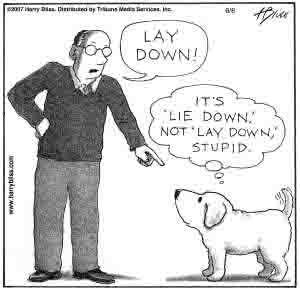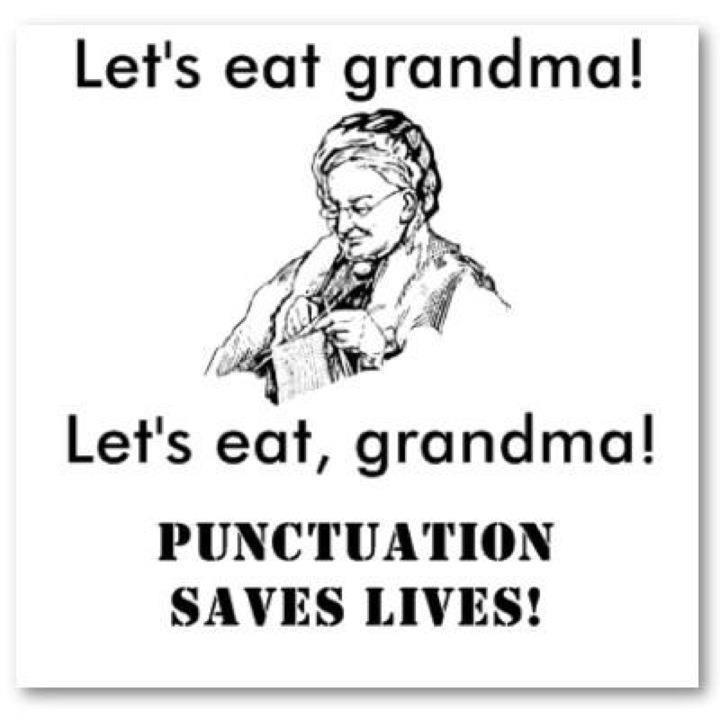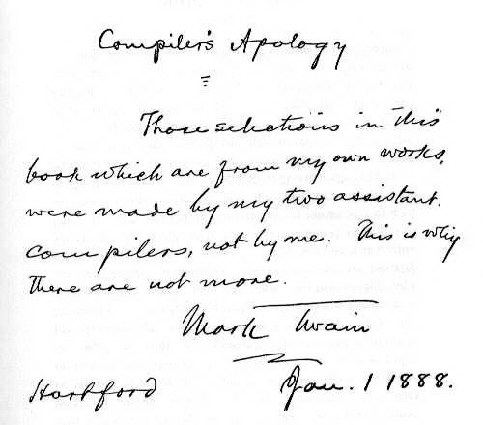Let's start with Eric. His song "Lay Down Sally" can actually help you remember the difference between lay and lie, Grammar Girl asserts, because he's wrong.
To say “lay down Sally,” she explains, would imply that someone should grab Sally and lay her down. If he wanted Sally to rest in his arms on her own, the correct line would be “lie down Sally.”
I don't know Sally, but I'm going to suggest that for a generation that went into the Sixties and never fully emerged using an incorrect example might be confusing. Just saying.
Next up, Bob. If you can remember "Lay Lady Lay" you should also try to remember that it, too, is wrong. Of course the Sixties generation has trouble remembering yesterday. The lyrics, Grammar Girl says, should be “Lie lady lie, lie across my big brass bed.” Of course, that sounds like you want her to utter an untruth. Maybe you do.
Ben Yagoda has proved that people are screwing this up.
That's called a "Google fight." I'd never heard of that. Had you? Here's where you do that.
Okay, so let's get back to lie and lay. You're just gonna have to memorize it.





